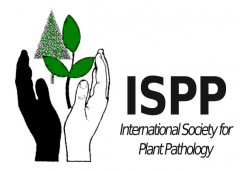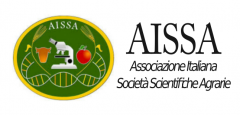ARBUSCULAR MYCORRHIZAL FUNGI AND TRICHODERMA ATROVIRIDE INOCULANTS HELP TO IMPROVE SOIL FERTILITY AND ROOT ACTIVITY OF CROPS
L. Dragoni
doi: 10.4454/jpp.v98i4sup.3784
Abstract:
Microbial biostimulants represent a great opportunity for sustainable agriculture because they can improve root activ- ity, increase water and nutrient uptake, and enhance crop tolerance to environmental stresses, yield and product quality. Usually, the microbial inoculants for soil applications contain propagules of beneficial fungi or/and bacteria. The research activities carried out by Italpollina Company allowed to select strains of arbuscular mycorrhizal fungi (Glomus intraradices and Glomus mossae) and Trichoderma atroviride, which are mutually compatible and characterized by high biological activ- ity, and adaptability to Mediterranean pedo-climatic conditions. Moreover, Italpollina Company developed production processes of inoculants, which guarantee high purity, vitality, and infectiveness of propagules. Many microbial formulates are actually produced for optimizing inoculation of several crops in a simple and cost effective way. Recently, Italpollina launched a new formulate for seed coating (Coveron) of cereals, and sunflower. This formulate has been successfully tested in cereal crops with significant yield increase (up to 30%) especially under drought or low soil fertility. Coveron can also be used for coating seeds of green manure crops, which can be grown in the inter-row space of vineyards or fruit trees for promoting mycorrhization of tree roots and improving soil fertility. This practice is more effective when it’s repeated over the years and combined with application of high quality organic fertilizers (e.g. Italpollina, Guanito). Finally, the root mycorrhization improves fruit quality as reported in vineyard where resveratrol content of berries significantly increased in mycorrhized plants.




